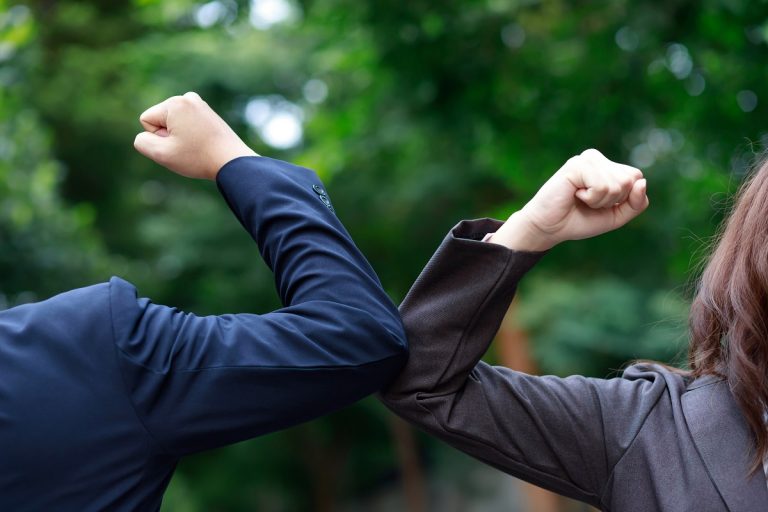The pandemic has drastically changed the way public and private spaces are used. Sociological research by Augur Consulting, commissioned by the City of Brno, has investigated the changes in the habits of Brno residents during the pandemic. Credit: Freepik.
Brno, Oct 26 (BD) – The perception of public and private space has changed over the past two years. The sudden closures and confinement at home have facilitated the development of technology and digitization in various fields: from work to education, from entertainment to shopping. On the other hand, however, the World Health Organization (WHO) have warned that the sudden confinement has led to increases in states of anxiety and depression across society.
For example, research from the Danish Gehl Institute has shown how Danish people’s need to visit green spaces has increased, proving that physical activity and access to green areas have been important as a means to counteract negative feelings related to the lockdown.
So, what has changed for Brno inhabitants? The City of Brno has commissioned research from Augur Consulting to understand how citizens’ habits have changed during the pandemic.
How have habits changed in Brno?
Augur Consulting carried out quantitative research commissioned by the City of Brno, on a sample of 1,005 residents over the age of 18. The sample was selected on the basis of residence, sex and age, in order to generalize the data collected to be indicative of the entire population of Brno.
According to the survey, 22% of respondents said they go to parks and forests more than before, while over half of respondents (52%) disagreed with this statement.
Young people went out more than the other target groups, while adults over 60 left the house least during the lockdown, because of fear of the virus.
The data therefore shows that visits to public spaces in Brno decreased during the lockdown, and that residents who left their homes preferred to walk in green spaces such as parks and forests rather than urban spaces such as streets and squares. Walking outside was one of the few outdoor activities whose popularity did not decline in relation to the pandemic.
More than half of the respondents (59%) said they missed visiting restaurants, cafes and bars, followed by theatre shows (28%), concerts (25%), and the cinema (17%).
Restaurants, theatre plays, concerts, cinema and swimming stand out as the top 5 activities. Source: data.Brno.
As far as sport is concerned, it was not affected as much as previously believed. Aside from the 35% of adults in Brno who do not do any sport, those who describe themselves as regular athletes (47%) said that the lockdown restrictions did not particularly affect them. Only 2% of respondents completely stopped playing sports, while 23% switched to outdoor sports, 19% continued doing sport at home, and 11% stopped some types of sporting activity but did not abandon it altogether.
Online activity increased significantly. 49% of respondents ordered food through delivery apps, 48% bought other goods, and 44% bought basic necessities online. Many respondents stated that they intend to use this method of purchasing goods and food in the future as well.
From a mental health perspective, respondents said they suffered greatly during the pandemic. 36% of respondents report that the lockdown had a strong negative impact on their mental state. Furthermore, people perceived negative effects on their self-realization (27%), on their physical condition (25%) and on the current standard of living (24%).
Habits related to public transport also changed during the pandemic, 35% of respondents used trams, buses and trolleybuses less than before and, conversely, only 1% used public transport more often than before.
The restrictions imposed by the lockdown thus significantly changed the way people used the city. Concerns about the disease led people to avoid places where other people were present and to spend more time at home. At the same time, citizens significantly reduced their “radius of action” – they withdrew to the near vicinity of their home for shopping and exercise. Based on these findings, it can be said that the pandemic situation has strengthened the importance of smaller urban centers and local neighborhoods, where sufficient civic infrastructure and services are available to meet basic human needs and other essential activities. This principle is coherent with the urban design concept of “cities of short distances”, or compact cities, which are part of urban planning visions in Brno and many other European cities.







